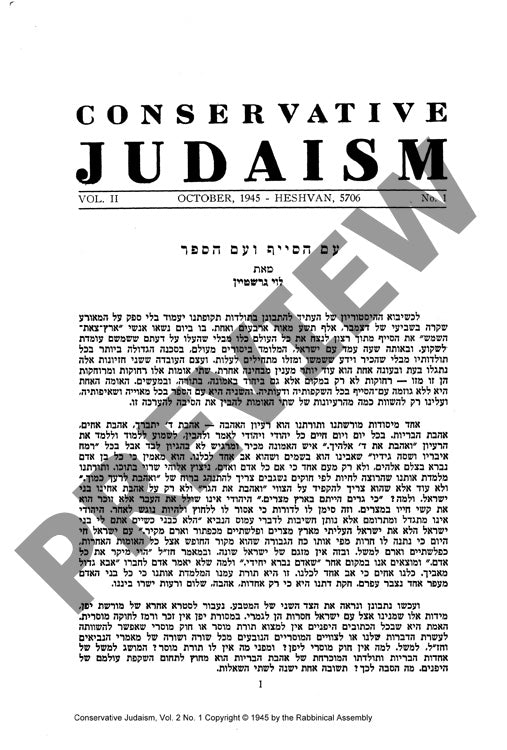Am Ha Sayaf Vam Ha Sefer
Couldn't load pickup availability
During World War II, a profound ideological chasm separated Japanese and Jewish worldviews, rooted in fundamentally opposing philosophical and religious foundations. Through comparative analysis of religious texts, cultural symbols, and moral teachings, stark contrasts emerge between what can be termed "the people of the sword" (Japan) and "the people of the book" (Jewish people). Core Jewish values of divine love, universal brotherhood, and moral responsibility stood in direct opposition to Japanese Shintoism's emphasis on divine ancestry, imperial worship, and military conquest. The physical manifestations of these beliefs—the Jewish synagogue and Torah versus the Japanese shrine and sword—revealed deeply divergent approaches to religious practice and cultural identity. While Jewish tradition emphasized universal human dignity rooted in divine creation, Japanese ideology promoted racial superiority and divine mandate for world domination. These opposing value systems represented irreconcilable philosophical frameworks that could not peacefully coexist, suggesting that lasting peace required the triumph of Torah-based moral values over militaristic ideology. This fundamental conflict in cultural and religious values provides crucial insight into the deeper forces driving the global confrontation of the 1940s.

More Information
-
Physical Description
-
Publication Information
Published 1945
ISBN
-
Publication Credits
Levi Gerstein

